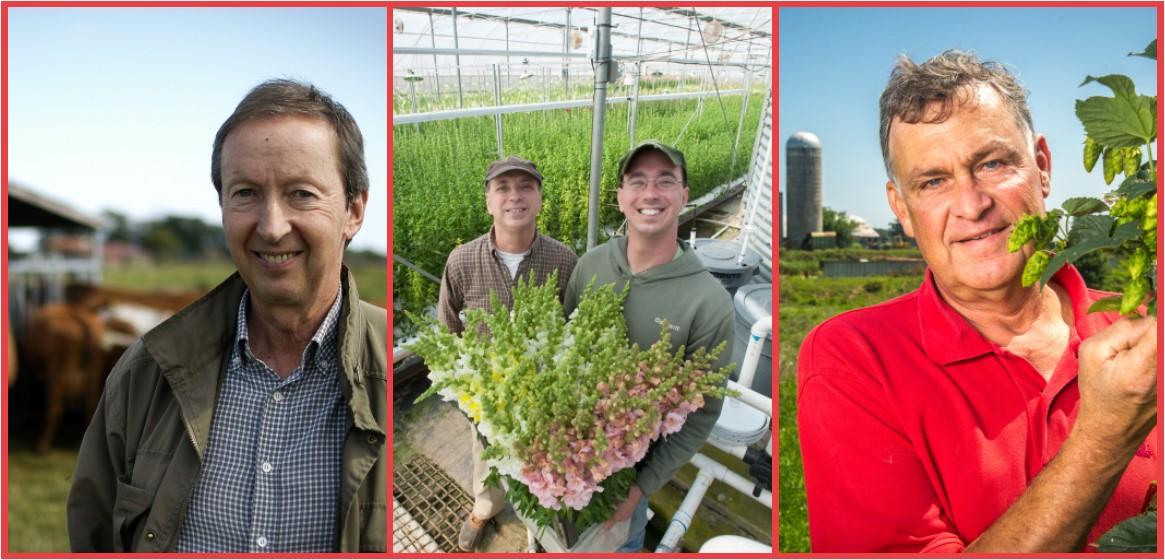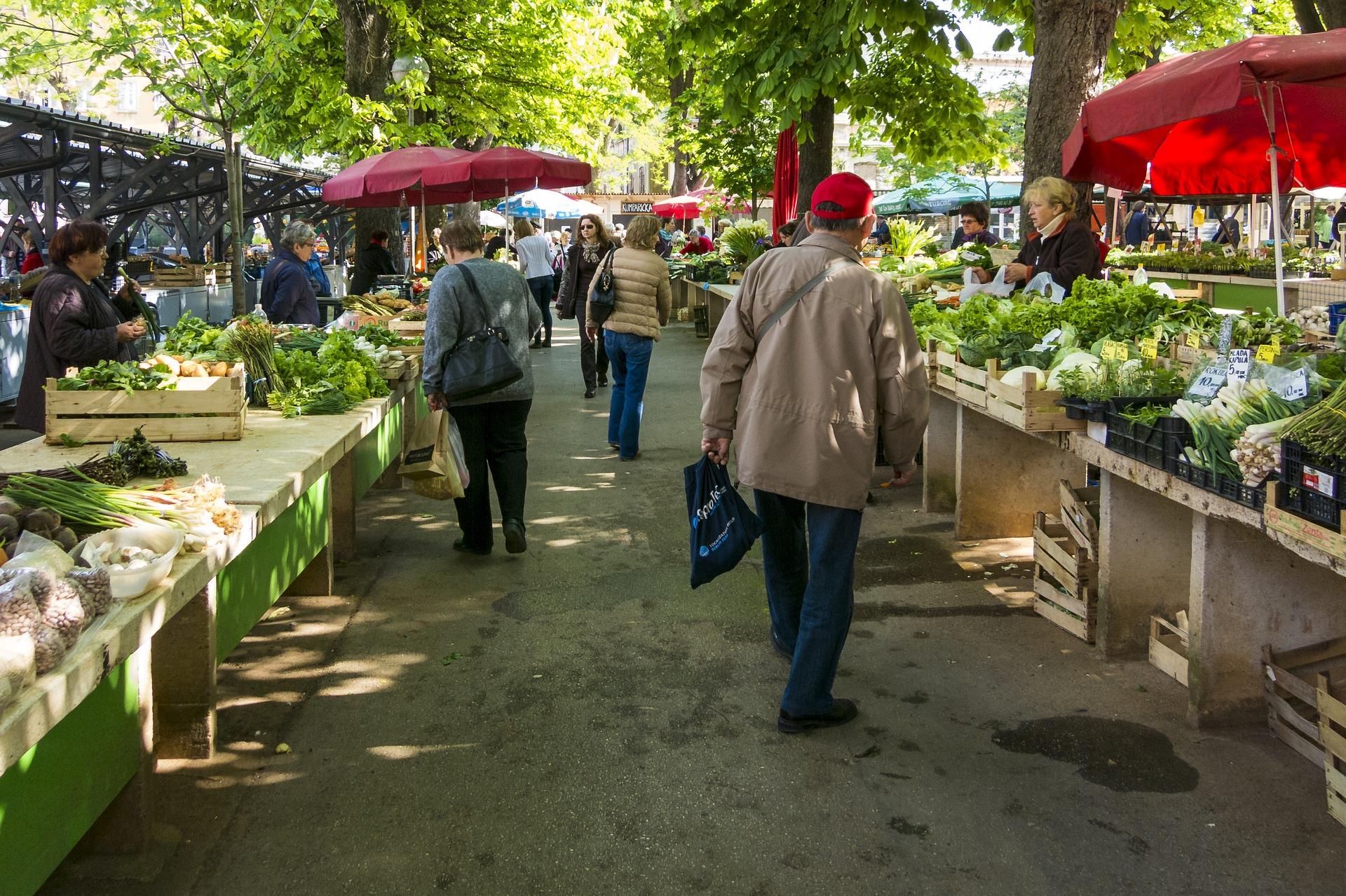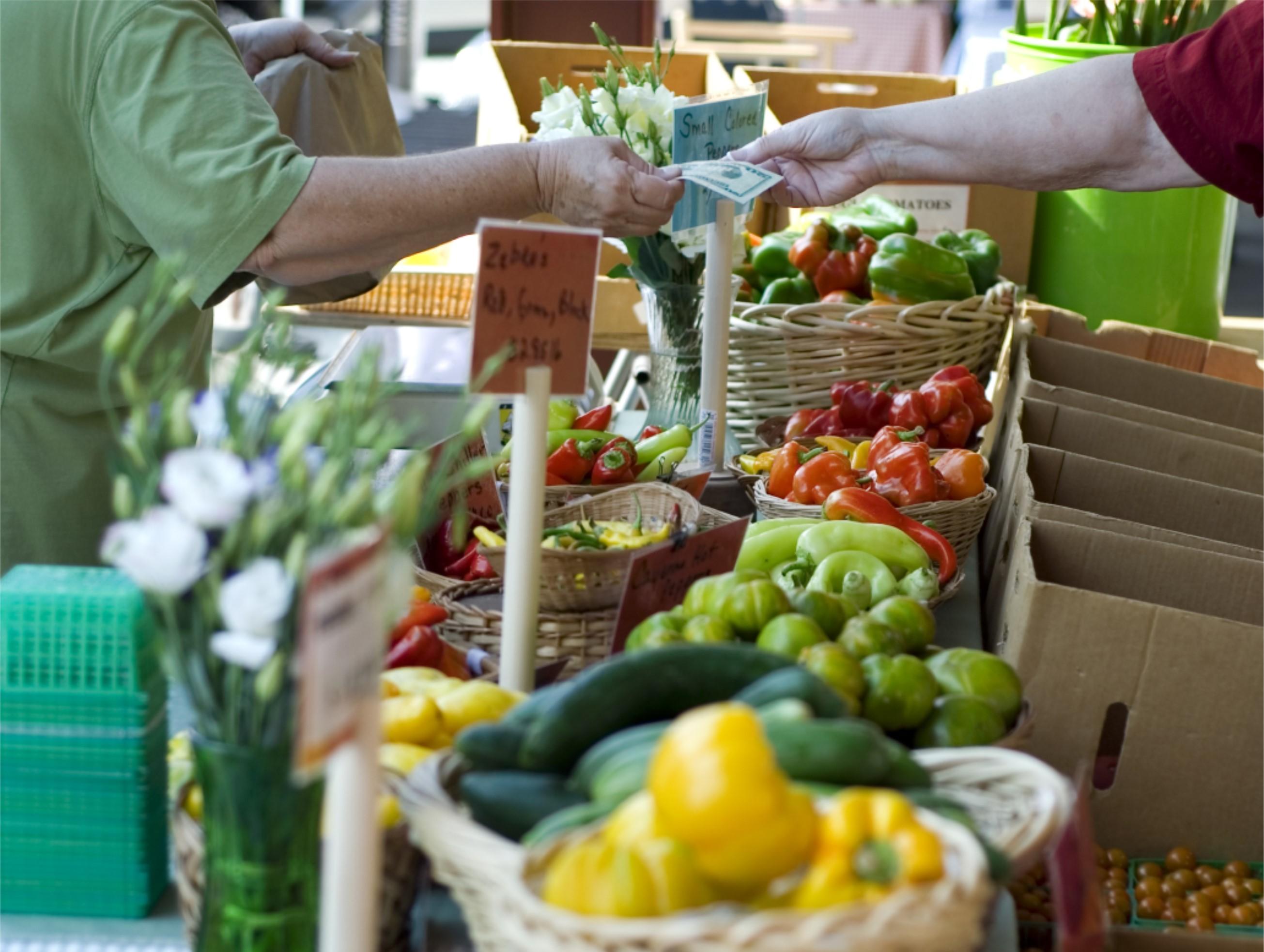Updated: July 13, 2022
Understanding a Community Supported Agriculture Agreement: What Should Be Included in a Good CSA Membership Agreement? (EB-424)
Community-supported agriculture (CSA) is a growing business model for farms in Maryland and nationally. In a typical CSA, members pledge to help cover the anticipated costs of the farm’s production for part of or the entire season. And in return the members receive a portion of the farm’s crops over the designated time period of the CSA contract. The CSA model allows farmers to get needed upfront capital at the start of the growing season. At the same time, the model allows members access to fresh locally produced fruits, herbs, meats, or vegetables. At the same time, many growers do not understand how to develop an agreement that works for the business and conveys the risks to the members of the CSA. This publication provides an overview of the model CSA agreement developed by UMD. Authors: Paul Goeringer, Ashley Newhall, Sarah Everhart, and Wele Elangwe. Title: Understanding a Community Supported Agriculture Agreement: What Should Be Included in a Good CSA Membership Agreement? (EB-424)
Updated: April 18, 2022
Privacy Issues and the Use of sUAS/Drones in Maryland (FS-998)
According to the Federal Aviation Administration (FAA), the lawful uses of Unmanned Aerial Vehicles (UAV), also known as Unmanned Aircraft Systems (UAS), or more commonly as drones, are currently limited to military, research, and recreational applications. Under the FAA’s view, commercial uses of drones are illegal unless approved by the Federal government. This will change in the future. Congress authorized the FAA to develop regulations for the use of drones by private parties in the U.S by September 30, 2015 (FAA Modernization Act of 2012). FAA missed this deadline, but expects comprehensive regulations for drones to be completed by June 2016 (Jansen, 2015). History shows that the law rarely keeps up with technology. Courts often struggle when applying existing laws and previous rulings to modern technology. State legislatures can help clearly define some of the rules to guide courts in how to handle new technology. Drones have the potential to benefit producers (through crop and livestock monitoring), but they present new challenges as other groups begin to use the technology. Authors: Paul Goeringer, Ashley Newhall, and John Moyle; Title: Privacy Issues and the Use of sUAS/Drones in Maryland (FS-998)




